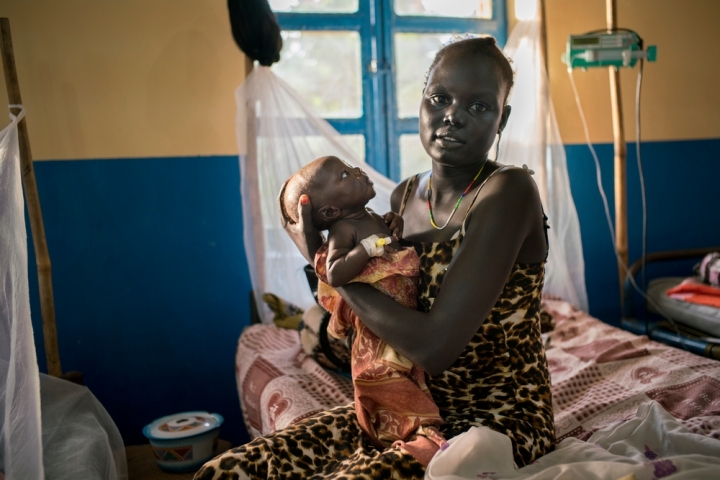I had an incredible opportunity to participate in a Doctors without borders (MSF) initiative to fill-in missing geographic information data into satellite images. This is an incredibly important process to figure out a huge number of operational details for aid agencies and non-profit organizations like MSF.
This includes resource allocation, rapid disaster relief, quick response to public health crisis like outbreak of epidemics, administration of vaccines to children and so many other important life saving efforts. Our mission for the day was to help fill-in housing details in a region called Aweil in South Sudan.
I consider MSF as one of the most important organizations in the world. In 1999, when MSF won a Nobel prize for peace, as a teenager hoping to find what should be my next mission in life, reading about some of the incredible life saving efforts of MSF acted as one of the strong motivators for me to become a doctor.
But, yesterday’s mission of helping fill-in the missing mapping information in South Sudan made me realize another important fact. The importance of investing in transparent democracy, science and technology even in resource poor settings.
According to 2013 World Bank data South Sudan has a per-capita GDP of $1044.99. The country has a steady source of revenue by exporting oil, which accounts for nearly 40% of the GDP. This gives South Sudan another important distinction: the most oil dependent economy in the world.
At a time when most nations around the world are pledging to invest more in renewable energy and as the global economy is shifting away from oil, how can a young upstart like South Sudan cope with these changes? The secret is: early investments in science and technology.
Despite robust oil revenues, due to systemic inefficiencies in the South Sudanese economy, most of it never benefit the citizens of this North African nation. Even today, due to these inefficiencies, the oil revenue is a non-existent contributor of economic development in South Sudan.
The financial infrastructure in South Sudan is virtually non-existent and the military acts as a bank to distribute currency to the public. This creates a huge conflict of interest. Due to the lack of financial transparency in how the country’s revenues are handled, most of the cash distribution system fail to address the poverty and social issues that riddle South Sudanese society.
At a time when democracies around the world are racing towards reinventing themselves as opaque, protectionist and self-serving institutions; this little North African nation serves as a warning beacon against such policies.
Despite all the challenges, I see hope for a small country like South Sudan. With a little bit of external help and guidance, the democratic and financial institutions can be made more efficient. The much needed access to healthcare is currently provided by brilliant organizations like MSF. But, developing local skills and training will be extremely important for South Sudanese society to flourish and be healthy.
There is an incredible opportunity for this nation to invest in good educational infrastructure. This will create more empowered citizens, a much needed resource for a fairly new country. Investment in education is a necessity for a healthy democracy.
Another key area that needs investment is the development of technological backbone to support independent public and private financial institutions. This will create a more accountable economy, reducing financial inefficiencies.
These are very hard tasks, even for developed economies. But, investing in these key basic goals will elevate South Sudan from a languishing new democracy to a beacon of hope, it once was, a few years ago.
Read more about MSF activities in South Sudan. Here is a short movie explaining how a day in Aweil is like for members of MSF.
Please consider making a donation to Médecins Sans Frontières (Doctors without borders) to help MSF continue their incredible work of bringing accessible healthcare to some of the poorest societies in the world. Organizations like MSF are the epitome of hope and inspiration for free societies around the world.
Donate here: through MSF website page for donations.
(The picture of a mother with a new born taken at Aweil, Médecins Sans Frontières hospital, South Sudan, retrieved from MSF UK website, © Diana Zeyneb Alhindawi.)
